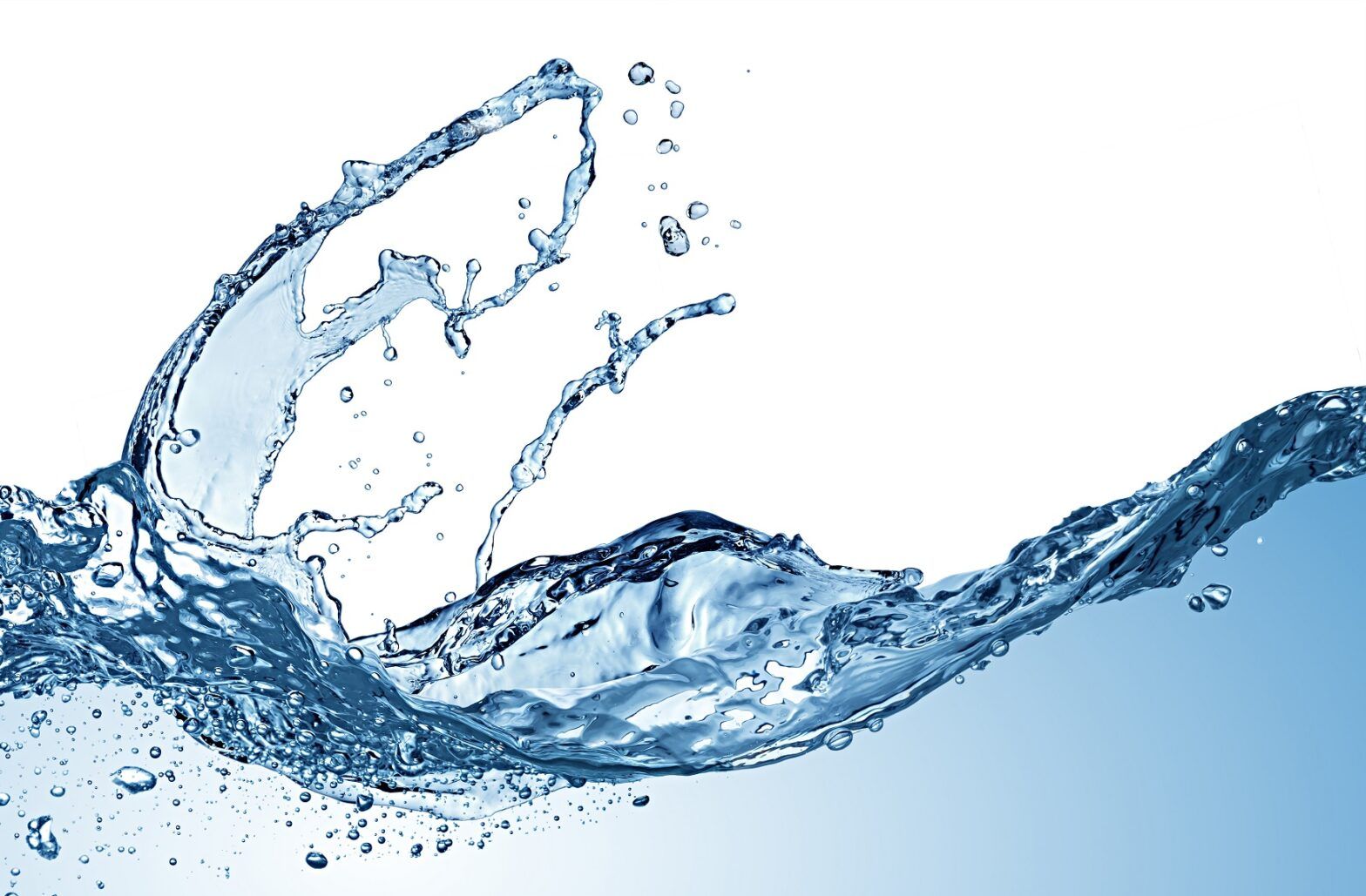World Water Day, on 22 March, is intended to raise awareness of the global water crisis. Population growth is outpacing water supply, meaning around 4bn people live without a reliable water supply during at least one month of the year. Climate change and water pollution are also having adverse effects on the world’s water.
An MSCI ESG Research Study last year looked at 122 funds that explicitly include the water theme in their investment objective. Just 16 funds were found to have an exposure to sustainable water solutions of 10% or above, based on the weighted average of the fund holdings’ revenue.
With this in mind, what are portfolio managers doing to raise awareness this World Water Day and where do they see opportunities?

Amanda O’Toole, portfolio manager, AXA Investment Managers
According to the UN, only 0.25% of the planet’s water is usable. The rest is salt water, polluted or locked up in polar ice caps, glaciers and permafrost. Under current trends, demand for water for domestic, industrial and agricultural use is expected to exceed supply by 40% by 2030. This creates a whole value chain across water collection, desalination/purification, pumping, repairing and replacing ageing infrastructure, logistics and distribution, and even monitoring water usage for metering, billing and efficiency.
A diverse universe of companies operating across the entire water cycle are developing exciting technologies to address the water scarcity challenge, which we believe is creating compelling investment opportunities.
Xylem manufactures and provides solutions for water and wastewater applications across the cycle from collection, distribution and use to the return of water to the environment. Its products include water and wastewater pumps, treatment and testing equipment, industrial pumps, valves, heat exchangers and dispensing equipment.
Evoqua Water provides customers with critical water needs for a variety of industries including energy generation, food & beverage safety and production, healthcare, and manufacturing. Its solutions include disinfection, filtration and high purity water systems.
Thermo Fisher manufactures a range of water quality products including water purification systems, electrochemistry analysers (looking at pH and ion concentration), meters and accessories.
Danaher provides advanced purification technology to help analyse, treat and manage the world’s water from government and wastewater treatment facilities to lakes, streams and oceans.
Itron is a technology and services company dedicated to the effective use of utility services. Its smart device and analytics solutions provide intelligence around areas such as water metering and use, water distribution and water leakages.

Matt Sheldon (pictured), senior portfolio manager, KBI Global Investors’ Water Strategy, and Catherine Cahill, senior portfolio manager
Matt Sheldon: The value chain requires major investment to serve a growing global population, increased industrialisation, continued urban migration, changing consumer demands and contaminant remediation. A large part of the investment is simply to fix what breaks, and it is breaking at an increasing rate due to age, manifested climate change, and land subsidence. To value water properly, we as a society must invest in it.
Catherine Cahill: We don’t buy water low and sell water high. Rather, we invest in companies across the value chain, ensuring the reliable provision of clean water. This diverse group of global companies serving municipal, industrial and agricultural customers represents a valuable and unique investment opportunity set; they provide solutions that are helping us build a resilient, sustainable water value chain across the globe.

Paul Buchwitz, fund manager, DWS Invest SDG Global Equities Fund
There is more water in modern electric vehicles than some people might think. On the one side, they contain vast quantities of the water-intensive semiconductors that turn them into rolling computers. But on the other side, the production of the vehicles themselves also consumes a lot of water.
These examples show, how water scarcity now threatens future technologies for future growth. And possibly also the fight against climate change. After all, electromobility and the digitalisation and automation of infrastructure are crucial pillars for the reduction of greenhouse gas emissions. Therefore, the key role of technologies for a more efficient water infrastructure as well as for saving and treating water must be made much more visible to the public.
There, an incredible amount of water is consumed during production because the wafers are cleaned at every step of the process. The bottom line is that about 100 litres are needed to produce a single chip.
Not only the production of battery-powered electric vehicles, but also the production of hydrogen-based synthetic fuels consumes large amounts of water. One litre of synthetic fuel requires about 1.4 litres of water. If this fuel is also to be produced from ‘green’ hydrogen produced with renewable energies, then the amount of water required can rise to 70 litres per litre of e-fuel in the overall view, since large amounts of water are also needed in some cases for the provision and maintenance of renewable energy sources, such as solar plants.








